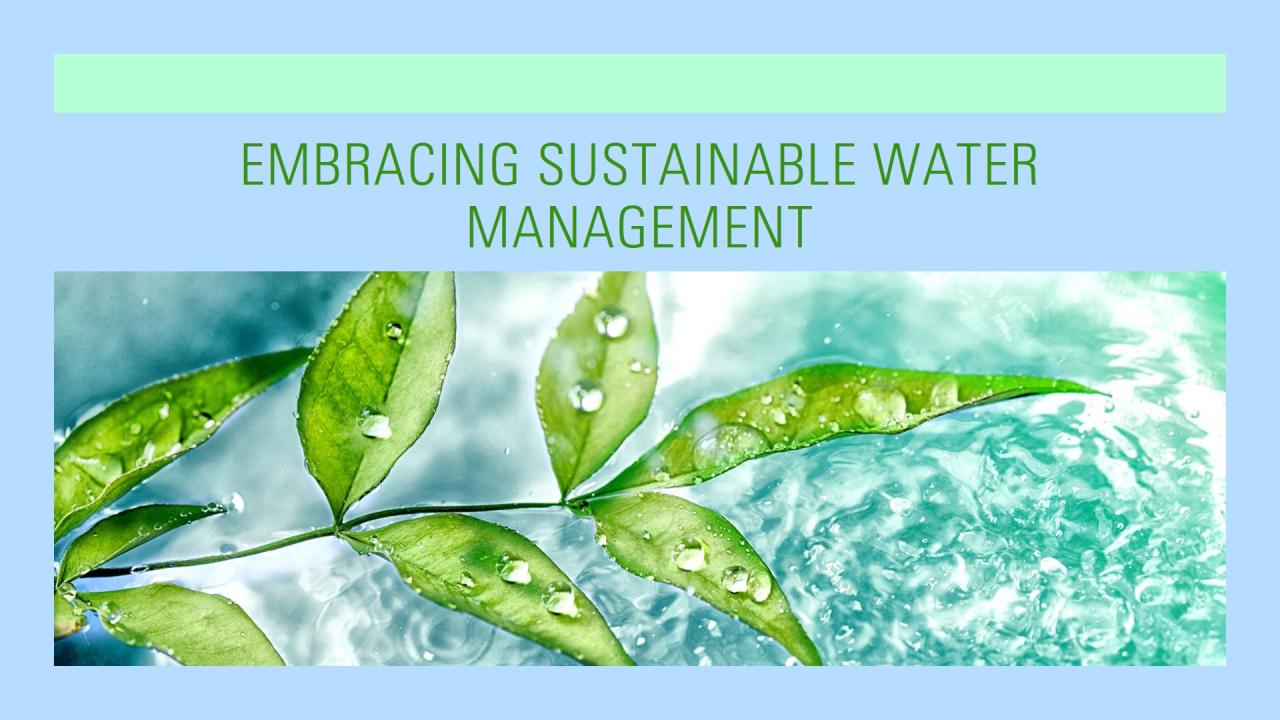Welcome to this week’s edition of the “Our Future Water” newsletter, where we dive into the transformative potential of Water and the Circular Economy in fostering sustainable and resilient water systems. In a world where the depletion of natural resources and environmental degradation pose increasing challenges, the circular economy model offers a beacon of hope, especially in the water sector. This edition explores how the principles of circular water economy, water recycling, and reuse systems are crucial steps towards a sustainable future, highlighting their role in resource recovery, environmental restoration, and water use optimization across various sectors.
Insights
Circular Water Economy: Pioneering Resource Recovery and Environmental Restoration
The circular water economy is a game-changer in how we manage water resources. By recovering valuable resources from wastewater, this approach minimizes waste and contributes to restoring the natural environment. It envisions a closed-loop system where water, nutrients, and energy are continuously recycled, reducing the need for freshwater extraction and mitigating pollution. This model exemplifies a sustainable approach to water management, promoting water reuse and the recovery of other resources, such as phosphorus and nitrogen, essential for agricultural productivity. Discover how Gothenburg, Sweden, maximizes water while turning waste into resources.
Water Recycling for Agriculture: Sustaining Food Production and Ecosystems
Water recycling is a critical solution for sustainable agriculture, which consumes a significant portion of the world’s freshwater resources. Treating and reusing wastewater for irrigation can reduce pressure on freshwater sources and enhance food security. This practice ensures a reliable water supply for crop production and prevents nutrient-rich effluents from contaminating natural water bodies, thus protecting aquatic ecosystems. Moreover, using recycled water in agriculture supports soil health by replenishing it with organic matter and nutrients, demonstrating a harmonious integration of water management and agricultural practices. Explore Sacramento’s Harvest Water Project, which recycles water for agriculture.
On-site Water Reuse Systems for Non-potable Applications: Maximizing Efficiency and Resilience
Implementing on-site water reuse systems is a practical demonstration of efficiency and resilience in water management. These systems treat and reuse greywater and rainwater for non-potable purposes such as toilet flushing, landscaping, and cooling, significantly reducing the demand for potable water. By integrating such systems into urban infrastructure, buildings and communities can achieve greater water independence and alleviate water scarcity. This approach showcases innovation in water reuse technologies and emphasizes the importance of local solutions in achieving global water sustainability goals. Read how San Francisco leads the way in on-site water reuse systems.
In conclusion, embracing the circular water economy, water recycling for agriculture, and on-site water reuse systems represents a paradigm shift towards a more sustainable and resilient water future.


Comments are closed